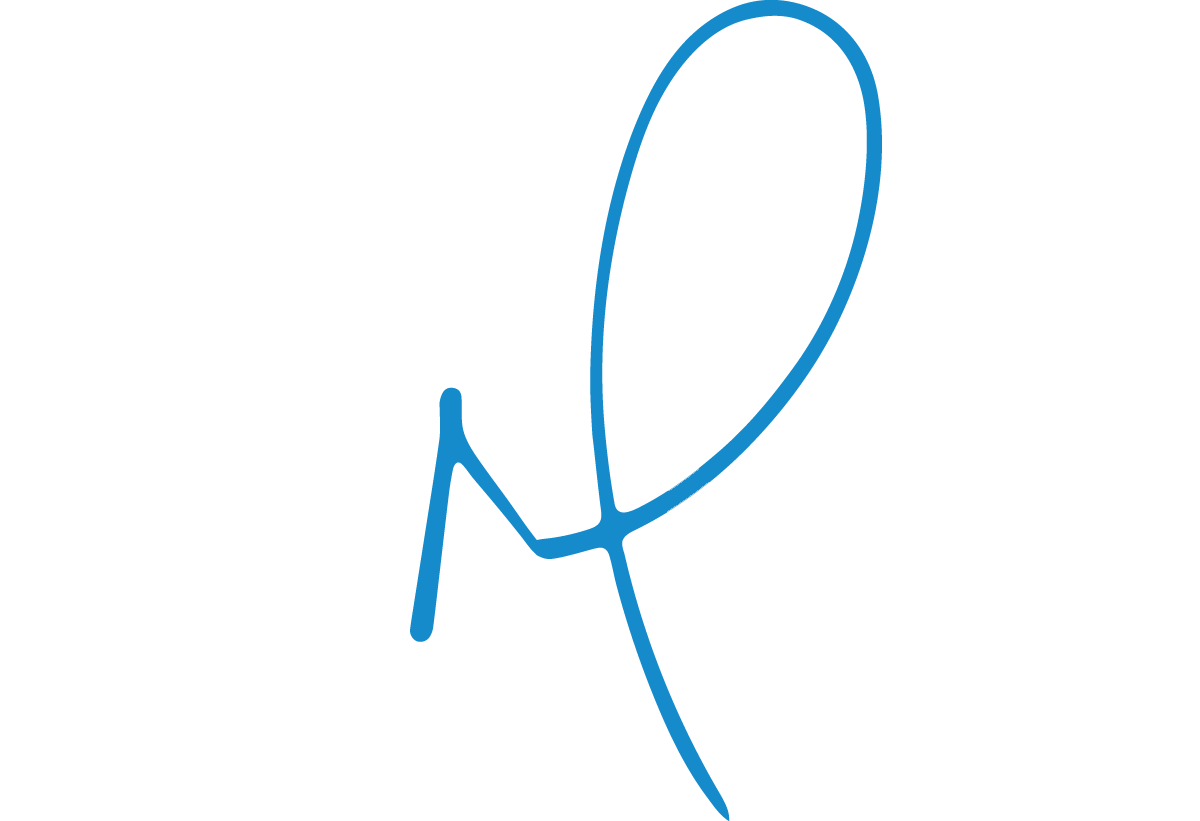What’s In A Brand?
Panelists (left to right): Alex Drinker, David Meritt, Carrie Madison, Matt Theilman, Pam Perry.
“A brand is the most valuable piece of real estate in the world; a corner of someone’s mind.”
Recently, I had the opportunity to hear from some brilliant minds on a University of Michigan entrepreneurial panel moderated by Steve Busch. They shared many insights on what makes a brand, how do we build one, maintain it, or take it to the next level.
Here are some valuable nuggets from the panel that can elevate your business or career starting today.
A brand is the most valuable piece of real estate in the world; a corner of someone’s mind
This powerful quote opened up the panel and wonderfully captures the power of branding. Your brand is how you make people feel. People here refers to your audience (your customers, constituents, congregants, patients, etc.), those you serve through your product/service. People may forget what you said but they'll always remember how you made them feel. As such, it is this experience of feeling that people remember. And it is an advertisement that holds very true in their minds.
Evaluate your social capital: how and where you provide value
It's hard to be truly effective as a brand when you don't know where you fit, the value of what you bring, who it's serving, and if it's what the consumer really wants/needs. This goes for companies as well as personal brands. Whenever you're evaluating your contribution and effectiveness, it's helpful to reflect on this to help you hone in:
What communities do I exist and work in?
What am I making an impact in?
Where do I provide value?
Give graciously. Give genuinely. Make yourself a resource to people
When you take advantage of opportunities to give, people will begin to see the value you bring. A posture of gratitude can open many doors.
A brand is who am I being and how am I being
A successful brand at its core has a promise and delivers on it. But it’s difficult to see the picture when you’re inside the frame. A great brand is a listening brand. It means listening intently, talking to people, and being ready to pivot.
As a marketer, it’s always easier to reveal a brand truth than it is to create one
What communities do I/we exist and work in? What am I/are we making an impact in? Where do I/we provide value? Recognized or not, each of these questions reveals a truth about your brand (personal or an organization). It’s what you're known for and what people know that you value. Our job as marketers is to underscore that, build on it, and package it; to tell your story and get your audience involved in telling your story.
A brand has to have trust to engage with its consumer
Just like with any relationship, trust in a brand comes through consistency and reliability. A successful brand has a promise and delivers on it, consistently. It's what you become known for.
“A store manager’s job is not to oversee millions of customer transactions a week, but one transaction millions of times a week.”
People like predictability and it's essential for trust and relationship building. People like buying from and doing business with brands they can trust and rely on. Every time you engage with someone, you have the opportunity to create an advocate for your brand. Serve them well and they will tell. Serve them poorly, and they’ll tell that too.
Your actions and business moves should be and will be a reflection of your values
This goes without saying but it's a great reminder to know your brand's values. What you value and believe sets the tone for every product, service, and interaction with your customer. A great question I like to ask myself is, does this [product/service/decision] reflect our brand's values? If not, why are we doing it? What adjustments should we make? Is it time to pivot?
Knowing your values and allowing that to guide your moves and decisions allows you to solve problems [through products and services] for people who value what you value and believe what you believe (this is your audience). As any successful entrepreneur knows, if you solve problems for people, they will pay you for solutions. As an individual or a company, that’s the value (brand) you bring to the table.
If I’m not at my best, someone can’t be at their best
What value am I bringing to the people on my website? Email list? Social media? Is it serving them well by answering their questions or solving their needs? Am I delivering my best to help those I’m serving to be their best? Excellence always pays more.
A brand’s ability to determine its purpose must be authentic or people will call you out
It's often tempting to jump on “the new thing.” And in some instances, you/your brand can look out of touch if you’re not current or where the people are. But all good things are not necessarily good for you or good for your brand. A question to consider: Does this (strategy/product/service) align with my/our mission and values?
It's okay to have fun and try new things. We learn through failure and relevancy is an important currency. But be mindful of doing “the new thing” just for the sake of trying to be like everyone else without considering its alignment to your brand and values.
As an entrepreneur, being authentic can be really scary at times out of fear of rejection or failure. Whether it's taking on something new or staying the course, notice the times that you're really scared and lean into that.
Growth and progress always happen outside of the comfort zone.

